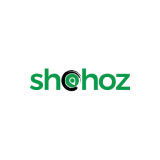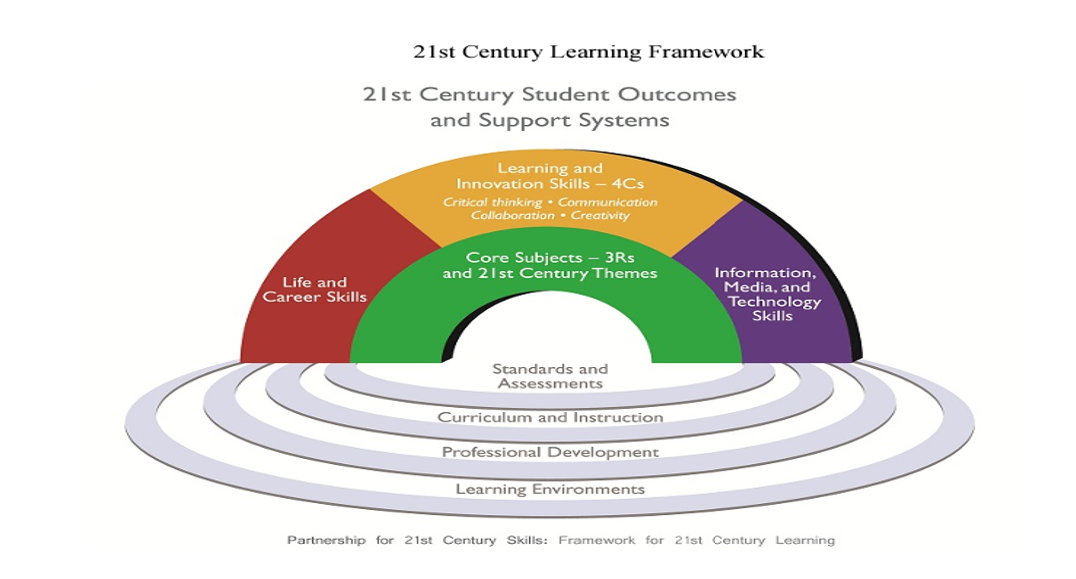

21st century learning
In the 21st century, there are a variety of opportunities and challenges faced by the education system of British Columbia, Canada. The field of education is constantly evolving due advancement in technology and globalization.
The essential components of learning in the 21st century are critical thinking, creative thinking, communication, and collaboration. There has been a rapid shift in the benchmarks for student success in the rapidly evolving landscape of education and employment over the past few decades.









